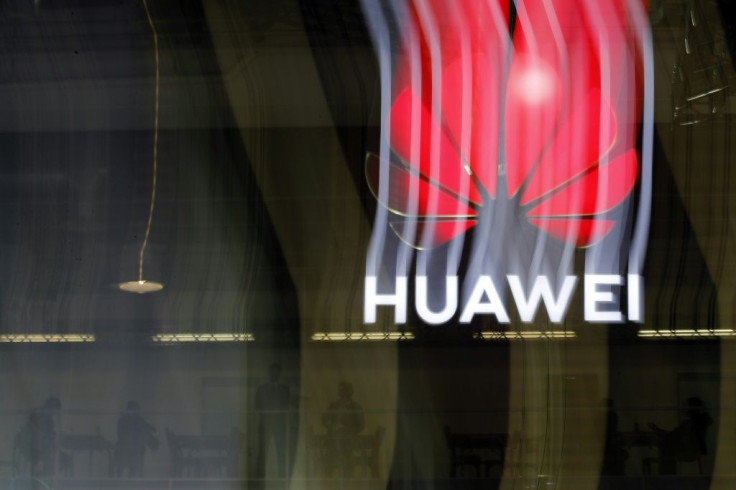FCC Unanimously Blocks Huawei, ZTE From Federal Subsidy, Calls Them 'National Security Threats'

The U.S. Federal Communications Commission unanimously decided to block U.S. telecom firms from using federal funds to purchase equipment from Chinese telecom firms Huawei Technologies Co. Ltd. and ZTE Corp.
Under the ruling, wireless carriers will be prevented from using money from the Universal Service Fund to buy from companies regarded as “national security threats.”
The ban is set to take effect within 31 days unless challenged in court by Huawei or ZTE.
“Given the threats posed by Huawei and ZTE to America’s security and our 5G future, this FCC will not sit idly by and hope for the best,” FCC chairman Ajit Pai said.
The Universal Service Fund is an $8.5 billion-a-year government program that subsidizes companies offering wireless service in mostly rural areas.
“Both companies [Huawei and ZTE] have close ties to China’s communist government and military apparatus,” Pai said before the vote. “Both companies are subject to Chinese laws broadly obligating them to cooperate with any request from the country’s intelligence services and to keep those requests secret. Both companies have engaged in conduct like intellectual property theft, bribery and corruption.”
U.S. lawmakers and intelligence officials have long fretted over Huawei’s close relationship with the Chinese government and the attendant risks of high-tech espionage.
Late last year Sen. Ted Cruz, R-Texas, tweeted: “Huawei is a Communist Party spy agency thinly [veiled] as a telecom company. Its surveillance networks span the globe [and] its clients are rogue regimes such as Iran, Syria, North Korea & Cuba.”
The Trump administration already decided to ban U.S. companies from working with Huawei. That ruling is slated to become effective next February.
Huawei has denied any wrongdoing.
“Huawei believes this order is unlawful as the FCC has singled out Huawei based on national security, but it provides no evidence that Huawei poses a security risk,” a Huawei spokesperson said in the statement.
Huawei also said that “these unwarranted actions will have profound negative effects on connectivity for Americans in rural and underserved areas across the United States.”
FCC officials asserted the ruling is unrelated to ongoing U.S.-China trade negotiations.
The FCC is also prepared to require wireless carriers to remove all Huawei equipment from their networks.
“If equipment poses a threat, it is not enough to stop subsidizing it,” FCC commissioner Brendan Carr said. “It must come out of the network.”
The FCC estimated the measures could cost as much as $1.89 billion within two years.
But earlier this week the Commerce Department said it would allow some U.S. suppliers to resume shipping to Huawei despite restrictions on exports.
© Copyright IBTimes 2025. All rights reserved.




















